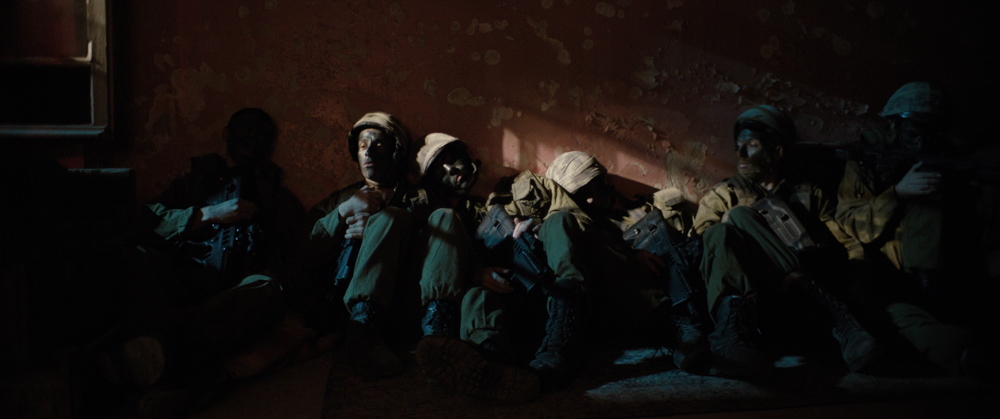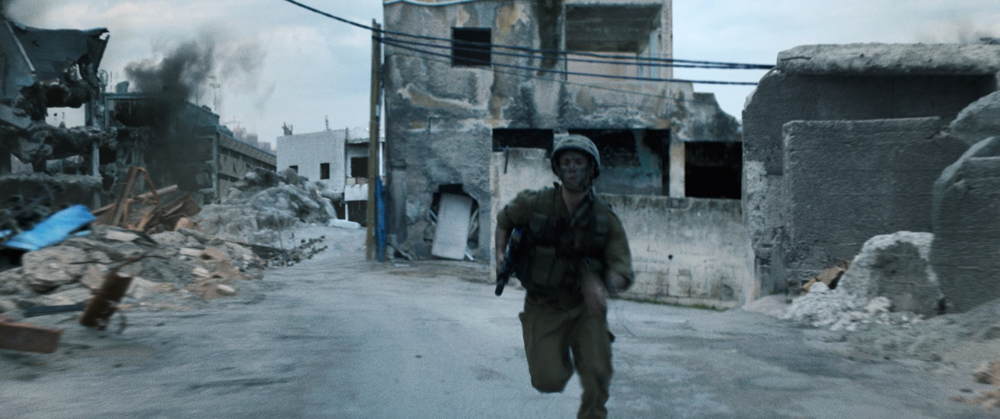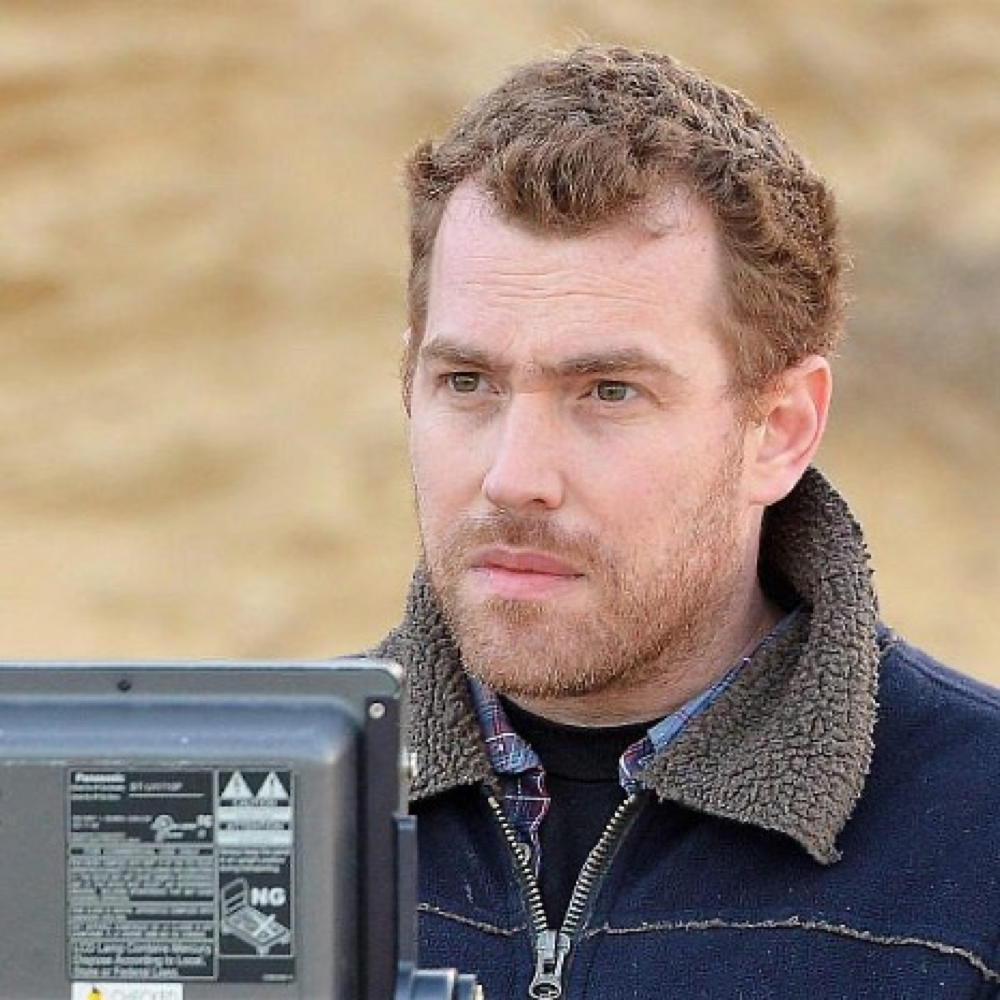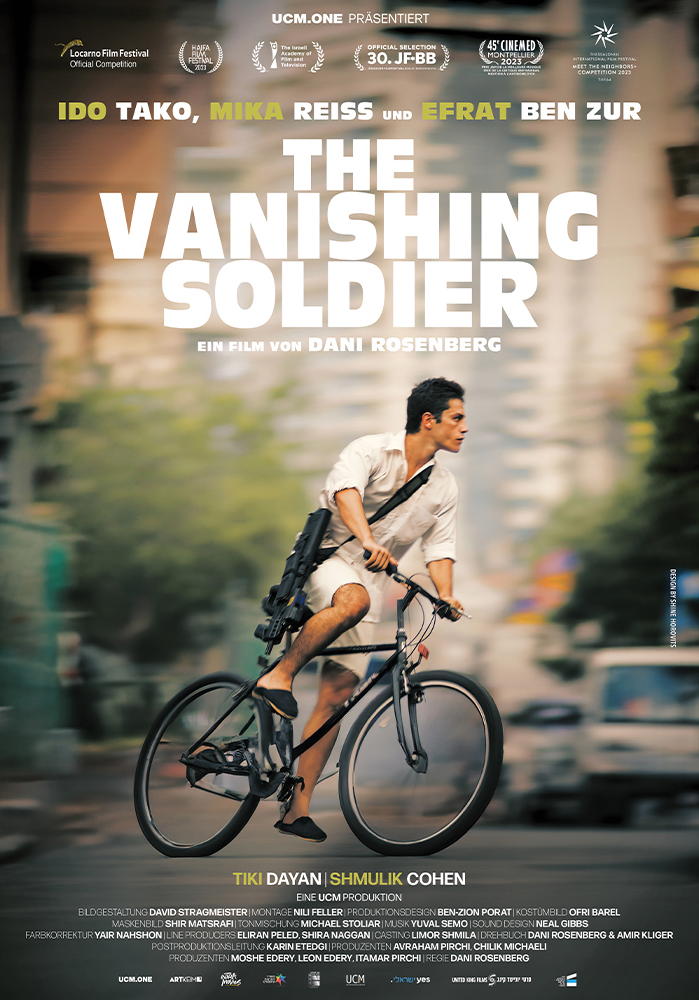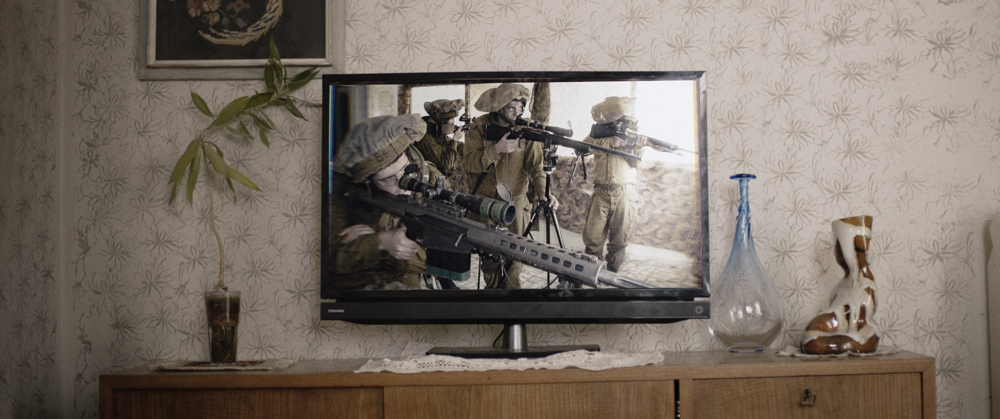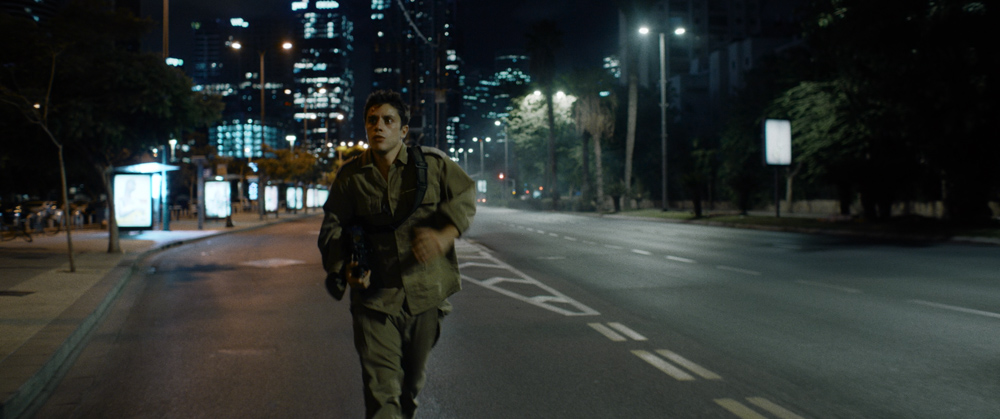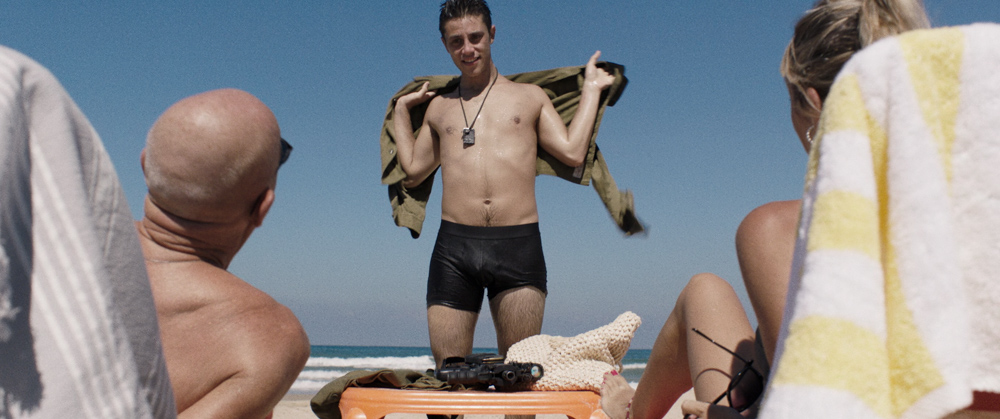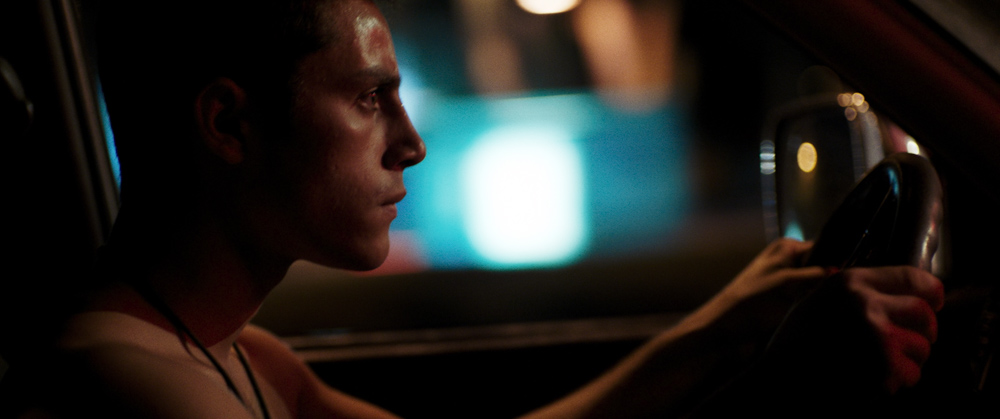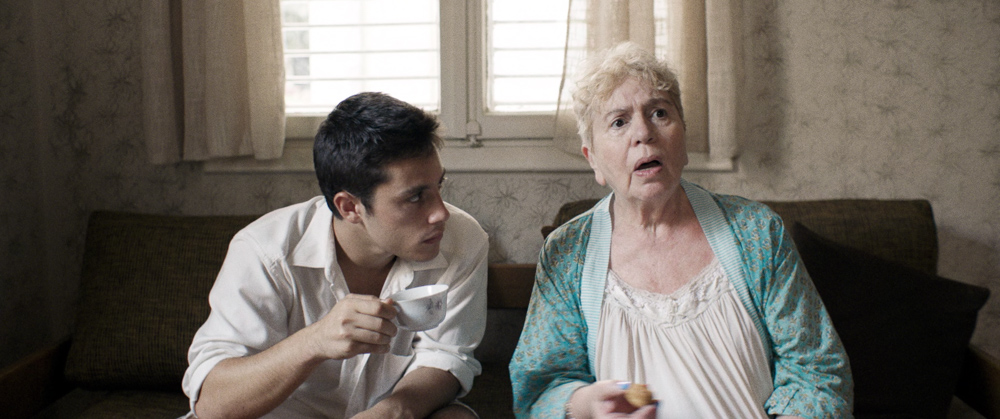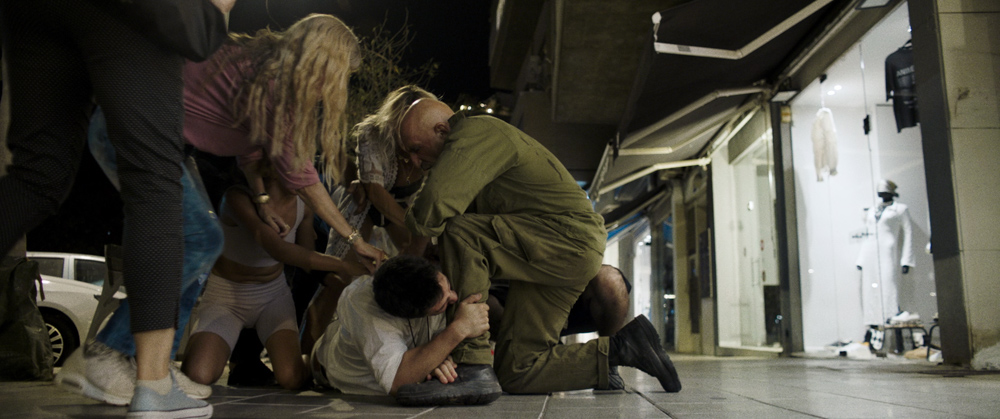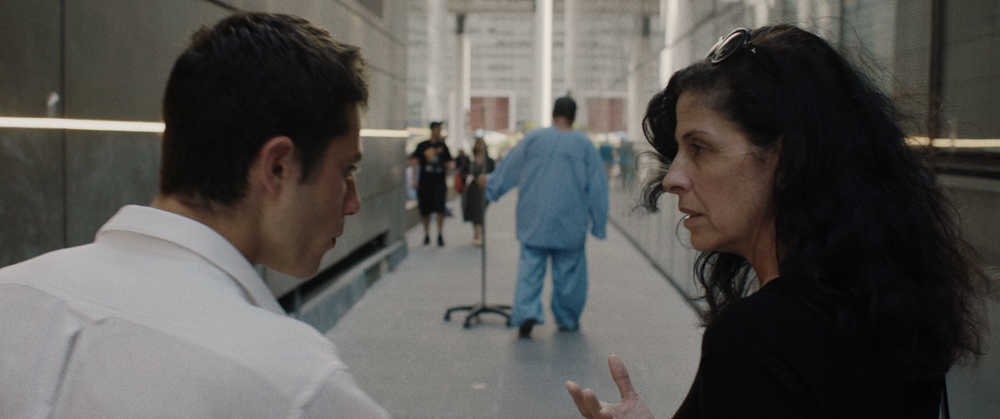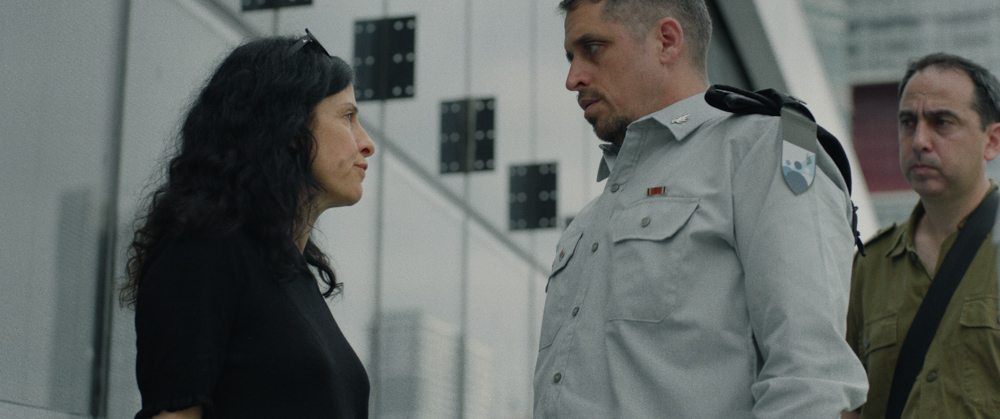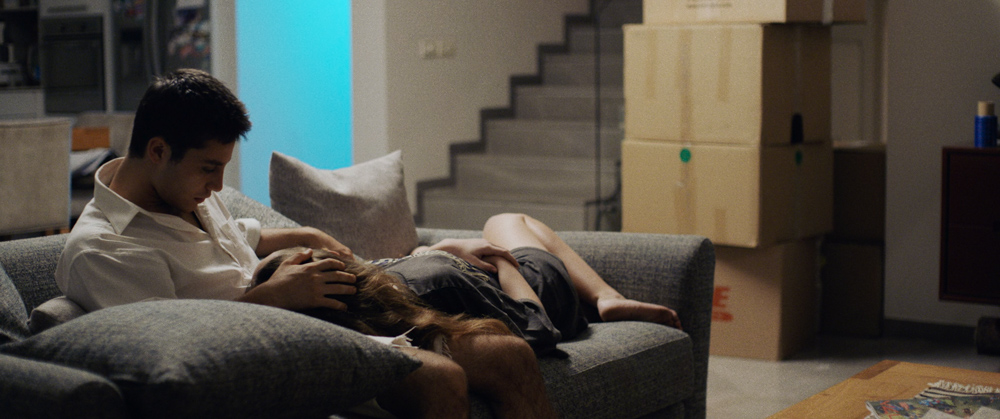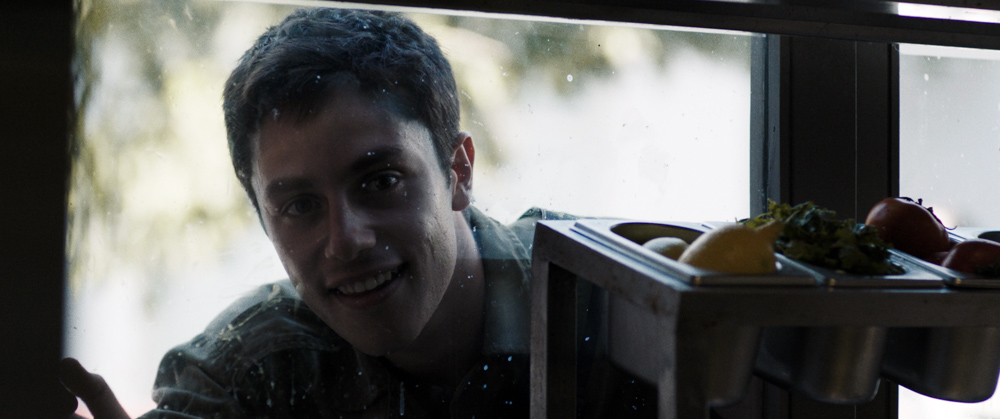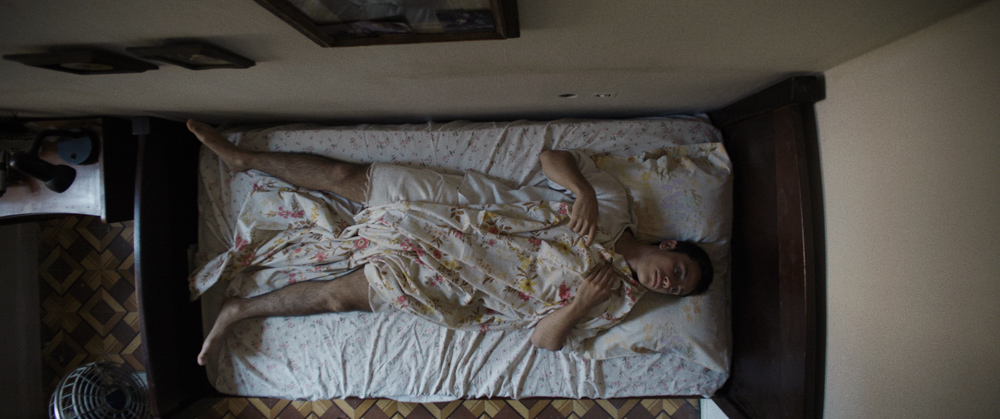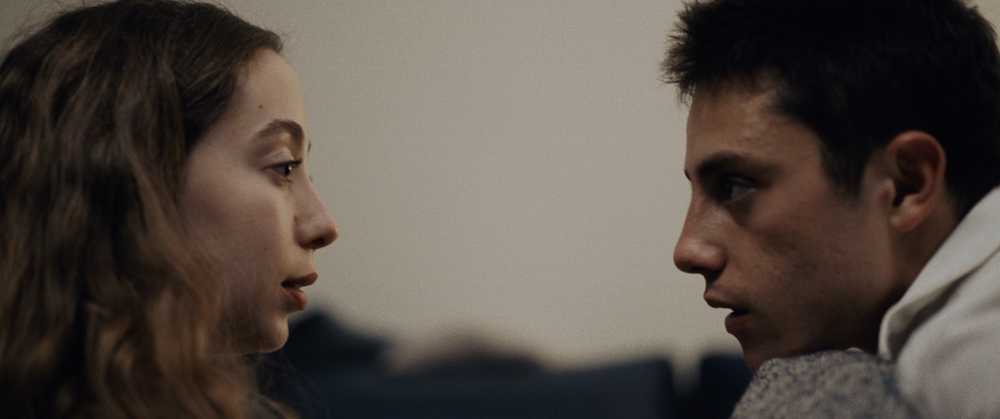Press comments
“In its rousing, restless form, the film finds an image for the all-too-understandable insecurity of young people who have been given a weapon. In this way, it has become a universally readable anti-war film.” (Frankfurter Rundschau)
“Between the two poles of a love story and a political drama, director Dani Rosenberg weaves a complex, multi-layered portrait of Israeli society in ‘The Disappeared Soldier’. (Jüdische Allgemeine)
“The Disappeared Soldier does not relativize the suffering of one side with that of the other. His aim is to observe a deadlocked situation in which his characters react with patriotic transfiguration, with fear and self-doubt, with paralyzed opportunism.” (Der Freitag)
“Between the two poles of a love story and a political drama, director Dani Rosenberg weaves a complex, multi-layered portrait of Israeli society in “The Disappeared Soldier”, which is caught in an equally bipolar situation: the longing for unconditionality (love) is always juxtaposed with a deep existential threat. Tomorrow it could all be over.” (Filmdienst)
“The young director Dani Rosenberg has staged a pulsating drama with a clear position, an anti-war film that describes the Middle East conflict from an Israeli point of view and sharply criticizes the settlement policy of its own government. He shows that the cracks not only go through Israeli society, but also affect families and circles of friends of a generation that is growing up in the middle of the conflict.” (EPD)
“The Vanishing Soldier” masterfully captures the decisive moment when everything changes, when belligerent patriotism disintegrates into an awareness of the unbearable. A movie that is as pessimistic as it is optimistic, at just the right time for the big questions of our time. (Culturopoing.com)
“Director Dani Rosenberg’s portrait of a lost youth – written and shot between 2022 and 2023 – deals with the repressed reality of the occupation and religious fanaticism in Israel and Palestine.The massacre of October 7 and the Gaza war naturally give the film a completely different relevance.” (arte)
“Supported by an effective staging, ‘Le Déserteur’ allows itself burlesque elements and some pretty plan sequences that support the rhythm of the narrative. The work then unabashedly denounces what the director himself describes as the “repressed reality of the occupation”.” (L’Humanité)
“Shot before the massacres of October 7, the film sounds all the more painful now. Shlomi (Ido Tako) runs, crawls, climbs and crosses Tel-Aviv by bike.” (L’Obs)
“The camera stays close to the anti-hero, who is as touching as he is lost. An impossible physical and psychological escape, carried by an amazing actor.” (Le Journal du Dimanche)
“Dani Rosenberg’s second feature film draws on the power of young Israeli cinema. A way of transforming anger into movement.” (Le Monde)
“Bold and sharp-tongued.” (Les Echos)
“A fast-paced tragicomedy that makes admirable use of the absurd.” (Les Fiches du Cinéma)
“Despite its affectation, this perceptive portrait of a non-heroic soldier deserves attention.” (Marianne)
“This burlesque-tinged tragicomedy has a strong connection to our times.” (Ouest France)
“A movie that is as visceral as it is political. Ido Tako is filmed in a majestic performance by Dani Rosenberg.” (Télérama)
“A breathtaking flight forward by a young Israeli soldier on the Gaza front. A film that is both courageous and disturbing.” (aVoir-aLire.com)
“Shlomi thought he was escaping, but he did worse: he disappeared. Now he can “belong to anyone”, a subject of media debate.” (Cahiers du Cinéma)
“Between burlesque and drama, the character of Shlomi aptly portrays a young soldier’s quest for a normal life.” (La Croix)
“Humor and absurdity are not lacking in this flight forward. The film seethes with energy, like this young man who throws himself at food with infectious greed.” (Le Figaro)
“This offers a fresh look at this conflict and shows how young Israelis are confused by these events. The film pursues the metaphor through constant restlessness in the way it is filmed.” (Le Parisien)


